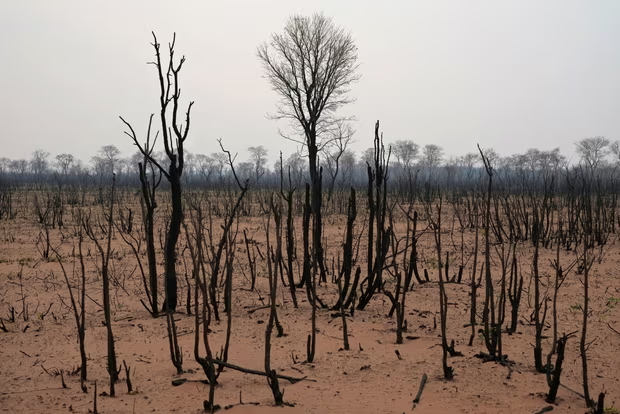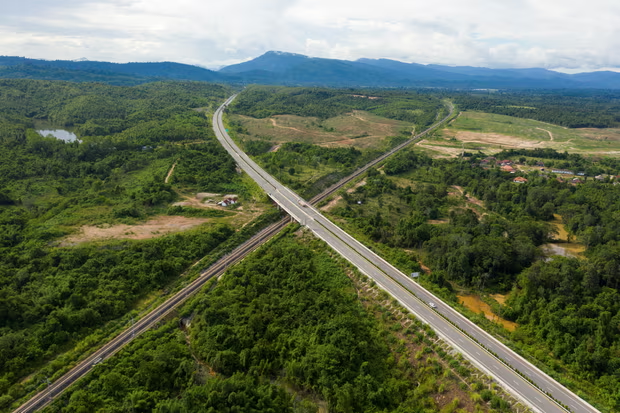[social_warfare]
Global Efforts Waver as Tropical Forest Loss Continues Despite Political Advances
In 2023, the planet witnessed a contradictory narrative unfold around the loss of tropical primary forests. Despite significant political strides in countries like Brazil and Colombia, resulting in a commendable reduction in deforestation rates, the global battle against forest loss sees no respite. Over 3.7 million hectares of tropical primary forest were lost last year, a figure alarmingly equivalent to losing an area the size of 10 soccer fields every minute.
This phenomenon highlights a broader environmental crisis that threatens not just the rich biodiversity inhabiting these forests but also the very fabric of human survival. Historically, lush forests enveloped more than half of the Earth’s habitable lands. The accelerating rate of deforestation, especially in the past century, has led to a staggering loss equivalent to the size of the United States since 1900, a trend that, if unchecked, could render the planet uninhabitable.

The commendable reduction in forest loss in Brazil, by 36%, and in Colombia, by 49%, showcases the potential impact of political will and policy change. Brazil’s President Lula’s commitment to ending Amazon deforestation by 2030 and Colombia’s forest conservation efforts tied to its peace process are testaments to what can be achieved with concerted effort and political leadership. However, these gains are overshadowed by alarming increases in deforestation in Bolivia, Laos, and Nicaragua, primarily due to agriculture and forest fires, indicating a complex, global challenge that transcends national borders and requires a unified response.
Forests are not just carbon sinks, crucial for mitigating climate change by sequestering CO2; they are vital for the survival of an astounding array of species, including humans. They ensure clean air, protect water sources, and support agriculture. The loss of tropical rainforests, in particular, has dire consequences for biodiversity, with as many as 100 species facing extinction each day. This biodiversity is not a luxury but a fundamental requirement for human survival.

Experts have warned that continuing deforestation means government
[social_warfare]
The global response to this crisis must be multifaceted. While political action, like that seen in Brazil and Colombia, demonstrates significant potential for reversing deforestation trends, these efforts need to be supported and amplified on a global scale. Initiatives that value forests for their carbon storage and efforts to regulate supply chains, such as the European Union’s Deforestation Regulation, are steps in the right direction.
Moreover, supporting indigenous communities, who have proven to be effective stewards of these lands, is crucial for the preservation of our remaining intact forests.
The challenge of forest loss is intricately linked to global economic and policy frameworks. As Rod Taylor, WRI’s Global Forests Director, suggests, increasing the value of standing forests relative to the gains from clearing them for agriculture or development is essential. This requires a reevaluation of our global economic priorities and a commitment to long-term environmental sustainability over short-term economic gains.
In conclusion, while the reductions in forest loss in some countries offer a glimmer of hope, the ongoing high rates of deforestation globally underscore the urgent need for a concerted, global response to this environmental crisis. The preservation of tropical forests is not just about protecting trees; it’s about safeguarding our future on this planet.
